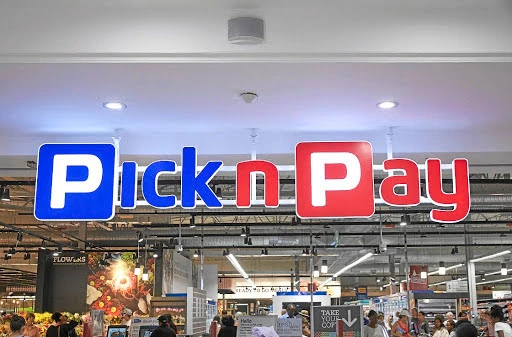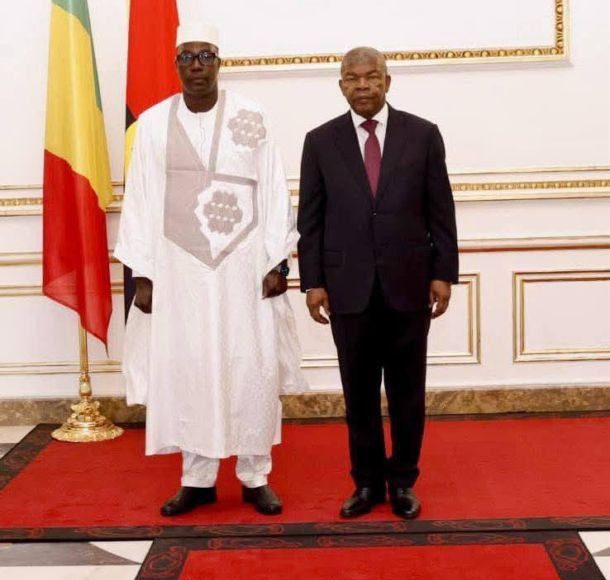
South Africa’s Pick n Pay Exits Nigeria Over Inflation and Economic Challenges

South African retailer Pick n Pay will exit Nigeria by selling its 51 per cent stake in a joint venture with A.G. Leventis. The announcement was made by CEO Sean Summers on Monday, according to Reuters. The company said it is shifting focus to its core operations in South Africa amid rising economic challenges in Nigeria.
Pick n Pay entered Nigeria less than five years ago and established two stores. However, high inflation, currency volatility, and rising costs have made the Nigerian market difficult. Pick n Pay has reported struggling with eroding consumer purchasing power, which impacted its profitability. The retailer recorded a pre-tax loss of 1.1 billion rand for the six months ending in August, mainly due to reduced margins and higher borrowing costs.
Summers disclosed that the company plans to improve its domestic operations by focusing on divisions, like Boxer and potentially listing this division on the Johannesburg Stock Exchange. Pick n Pay’s departure follows similar exits by foreign brands and companies.
The South African company Shoprite recently closed its stores in Abuja and Kano, citing Nigeria’s tough economic environment. Shortly after, in June 2024, The multinational drink company Diageo announced the decision to sell its 58 per cent shares in Guinness to a Singaporean company, Tolaram, at 81.60 naira per share for $70 million (N103 billion). Other global brands, including GSK, Procter & Gamble, and Kimberly-Clark, have also exited due to foreign exchange fluctuations and high operating costs.
Nigeria’s inflation rate was cited as a contributing factor to the exit of Pick n Pay and other businesses. With rates reaching an all-time high in July, rising food and transport costs have severely affected the purchasing power of citizens. The naira has also depreciated sharply, from around N462/$ in the second quarter of 2023 to over N1,600/$ in October 2024. This depreciation, which happened in under one year, followed the unification of the forex market and the Central Bank of Nigeria’s efforts to narrow the gap between the official and parallel exchange rates.
Read More:
- South Africa to Submit Dossier on Israel’s Genocide Against Palestinians at ICJ
- Ademola Lookman, CAF 2024 Awards Nominee Ranks 14th on Ballon d’Or List
- Three Chinese Nationals, Two Nigerians Arrested for Illegal Mining in Nasarawa Since 2021
About The Author
Related Articles
Zimbabwe Rejects $350m US Health Deal Over Sovereignty Dispute
Zimbabwe has formally withdrawn from negotiations on a proposed $350 million health...
ByWest Africa WeeklyFebruary 25, 2026Niger’s President Outlines Vision for Strategic Partnership with China
Niger’s Head of State, General Abdourahmane Tiani, has articulated a renewed vision...
ByWest Africa WeeklyFebruary 25, 2026Fire Destroys 140 Tonnes of Cotton in Western Burkina Faso
A major fire has destroyed more than 140 tonnes of cotton in...
ByWest Africa WeeklyFebruary 25, 2026Mali’s New Ambassador to Angola Presents Credentials, Pledges Stronger Bilateral Ties
Diplomatic relations between Mali and Angola entered a new phase on February...
ByWest Africa WeeklyFebruary 25, 2026












Leave a comment